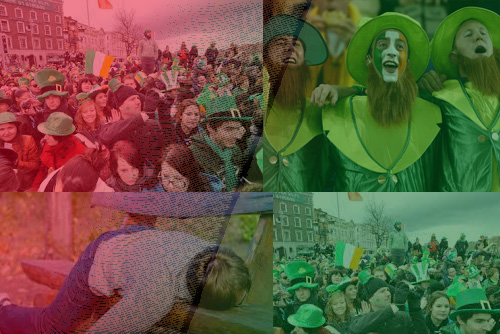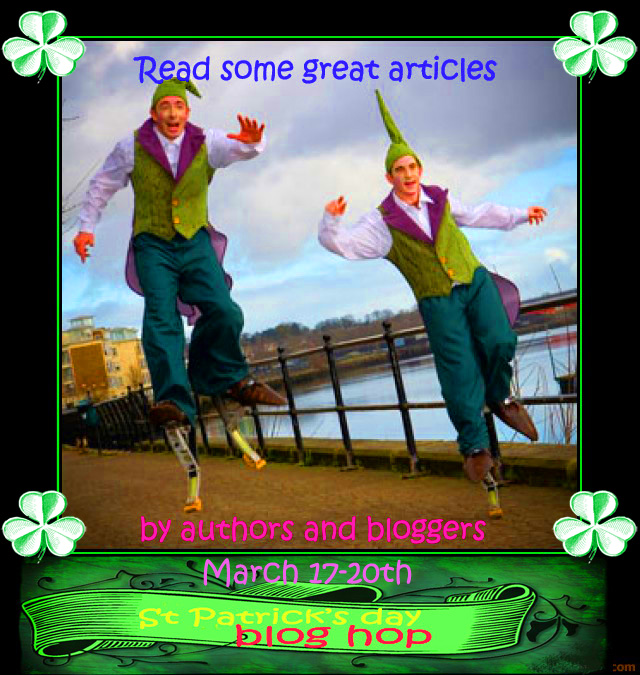
The word Hooligan is a word known to one and all, but what are its origins. If you refer the Oxford English Dictionary it came into the language in 1898, being, “the name of an Irish family in south-east London conspicuous for its ruffianism”. If you check a copy of The Daily News of July 26, 1898, it reports on social conditions in the areas, reporting : “It is no wonder that Hooligan gangs are bred in these vile byways.” A few weeks later, on August 22, another paper the Daily Graphic wrote scornfully “the avalanche of brutality which, under the name of ‘Hooliganism’ – has cast such a dire slur on the social records of South London”.
During the summer of 1898 most London newspapers such as the Daily Telegraph, Pall Mall Gazette and Westminster Gazette were referring to ‘Hooligan gangs’. There are other sources as to the origin of the word Hooligan. The Oxford English Dictionary also puts forward other claims such as a mishearing of the term “Hooley’s gang” although there is no evidence for this. It also says there was an Irish character called Hooligan of this period who appeared in the London comic magazine Funny Folk (1874-1894). Also it is claimed there was a popular music song about a rowdy Irish family called the Hooligans at this time. There are different points of view to the origins of the word Hooligan, but it seems to be linked to a family of Irish origins.
While teaching a class about American culture, specifically the early gangs in New York, it became apparent that the Irish were one of the main proponents of this culture. There is of course the Scorsese film, which apparently is a bit of an exaggeration, however Tyler Anbinder makes the point “The overall theme of the movie Scorsese gets exactly right: When the Irish first came to America they were persecuted and they literally did have to fight for their fair share of what America had to offer,”
Historian George Potter gave this damning assessment of the Irish.
You will scarcely ever find an Irishman dabbling in counterfeit money, or breaking into houses, or swindling; but if there is any fighting to be done, he is very apt to have a hand in it.” Even though Pat might “‘meet with a friend and for love knock him down,'” noted a Montreal paper, the fighting usually resulted from a sudden excitement, allowing there was “but little ‘malice prepense’ in his whole composition.” The Catholic Telegraph of Cincinnati in 1853, saying that the “name of ‘Irish’ has become identified in the minds of many, with almost every species of outlawry,” distinguished the Irish vices as “not of a deep malignant nature,” arising rather from the “transient burst of undisciplined passion,” like “drunk, disorderly, fighting, etc., not like robbery, cheating, swindling, counterfeiting, slandering, calumniating, blasphemy, using obscene language
We can identify a strong Anti-Irish sentiment prevalent racism, oppression, bigotry, persecution, discrimination, hatred or fear of Irish people as an ethnic group or nation. The Irish have been harshly stereotyped.
Concerning the Irish and their love of alcohol, according to the national charity Alcohol Action Ireland, Ireland is one of 26 nations in the European Union with the highest alcohol consumption rates per capita. In fact, the Irish drink about 20% more than the average European.
In addition to total consumption of alcohol, Irish drinkers also cross the line from casual drinkers to problem drinkers. It is estimated that over half of all Irish drinkers are problem drinkers. If 80% of the total adult population of 3.2 million people drink, that means that around 1.3 million Irish people have a drinking problem. Researchers further break down the demographics like this: 40% of female drinkers and 70% of male drinkers have a harmful patterns of drinking.
Part of a St Patrick’s Day blog hop, read other articles by writers and bloggers.
http://francishpowellauthor.weebly.com/st-patricks-day-blog-hop.html

Follow Francis H Powell on Twitter
https://twitter.com/Dreamheadz